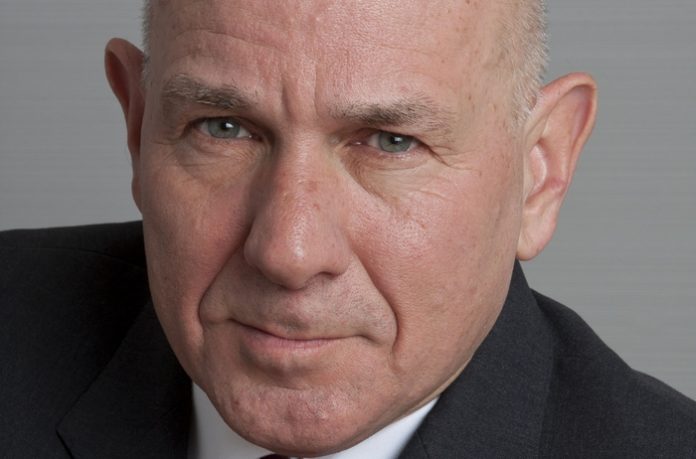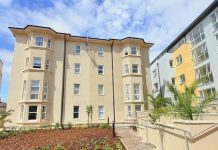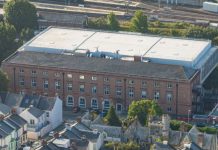A South West Banking Advisory Briefing has highlighted how confidence in commercial property is generally increasing as the impact of the COVID-19 pandemic diminishes.
The event, held by sector specialist Colliers, featured an overview from the global company’s UK Chief Economist, Dr Walter Boettcher, who told the online audience of real estate lenders and lawyers that commercial property was benefitting from the UK economy being boosted by a ‘vaccine bounce’ and from greater certainty following the EU/UK trade deal.
“Positive sentiment is coming through in sterling,” he said. “International investors are taking a brighter view of the UK, based on economic fundamentals and their improvement, and also the greater business confidence coming through because of the vaccine rollout success and the roadmap out of lockdown.”
Dr Boettcher’s observations were followed by South West regional market insights from Colliers specialists in the key sectors of investment, retail, industrial, and offices.
Carys Allen, a surveyor in the National Capital Markets team, said the first quarter of the year has already seen a number of significant industrial and office investment deals in the Bristol area, including the off-market purchase of Government-let Temple Quay House by Aberdeen Standard Investments, in a deal negotiated by Colliers.
She said: “Bristol is high on the list for many investors for both offices and industrial. I expect there to be a good number of deals over the course of this year with values remaining strong for prime assets.”
Nick Turk, director in the Retail team, said that while the sector had been impacted by the pandemic and the shift to online shopping, it could benefit from this in the long term.
“The last 12 to 15 months have been interesting and we have seen an accelerated retail evolution, which without a global pandemic would have probably taken five or maybe 10 years to happen,” he said.
“In short, there was too much poor retail both in terms of property and retailers. These changes have caused a lot of pain but will lead to a retail proposition better suited to take on the challenges of online retail.”
Tom Watkins, director in the Industrial & Logistics team, said that there was a severe shortage of industrial stock across the South West – notably Bristol, Gloucester, Swindon and Exeter – and that this had driven up rents across the sector over the past 12 to 18 months.
He commented: “The sector has changed considerably, from the tertiary asset class that it once was into the rock star sector of the moment. The underlying fundamentals in the South West market remain strong, and in particular supply levels are at an all-time low. With speculative development very limited in the region we’re finding that occupiers are competing aggressively for available stock.”
James Preece, director in the National Offices team, said the Bristol office market had shown considerable resilience to the impact of the pandemic, with take-up around 20 per cent below the five-year average compared to a decline of between 30 and 50 per cent in other major regional cities.
He added: “There are quite a few big deals in the pipeline which make it likely that take-up is going to bounce back up considerably in the second half of this year.”
The South West Banking Advisory Briefing was organised and hosted by Deborah Bryant-Pearson, associate director in the Valuation and Advisory Services team in Bristol.
Summing up the insights provided by speakers, she said: “As valuers we are relieved to see more transactions, both on an investment and occupational basis, allowing us to have more clarity over the market sentiment across the different asset classes.
“As restrictions further lift, I’m sure we will see changes in investor sentiment and hopefully more confidence returning.”






















